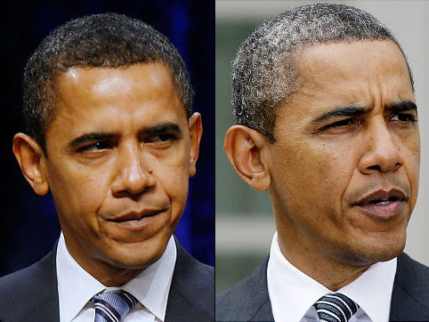“Reality,” says Haruki Murakami in a novel, “is just the accumulation of ominous prophecies come to life.”
Indeed, you don’t have to be a total pessimist to agree with that judgment. The world is presently so full of ominous prophecies that we’re simply incapable of taking action in critical areas. The greatest conundrums and quandaries of our time—Artificial Intelligence and how to handle it, climate change, politics, governance—offer us no widely acceptable or adaptable solutions.
Our quandaries grow out of the “ominous prophecies” from scientists, politicians, nut cases and media gurus, none of whom have viable answers, or even good partial answers. Humanity is stuck with qualified, fractional or crazed proposals that get us nowhere. Evaluating such stuff, much less acting on it, seems beyond our power. Our biggest predicaments are paralyzing us.
Geoffrey Hinton, so-called godfather to AI, recently quit Google to announce to the world the prodigious dangers of the new technology. He thinks these may be more urgent even than climate change, which is “a huge risk too.” Hinton believes “that the race between Google and Microsoft and others will escalate into a global race that will not stop without some sort of global regulation.”
The Biden administration just convened a meeting about AI’s risks. Given how the GOP works, who can be sanguine about the outcome? My friend Bill Davidow, a digital pioneer who has written much about AI, is also very worried about what he calls the rising dominance of virtual homo sapiens, “automatons that cannot put down their smart devices and spend endless hours perusing social networks and watching YouTube videos.”
He recently wrote me: “In general, I feel that the new technologies are in the process of creating purposeless unhappy people with severe mental problems. AI is a new tool for powering the process. We are maladapted to the virtual world.” Two Google scientists recently committed suicide in New York. What does that mean?
We all must hope that the AI horse is not out of the barn, but I fear that it is. Hinton worries that failure to control AI may even displace our failure to deal with climate change. Three years ago I wrote here about how unlikely it was that the world could achieve its 1.5-C degree warming limit. That is even less likely now.
Scientists and the United Nations keep issuing powerful warnings. China and other states keep relying on coal, and generate other pollutants. We keep reading headlines like this—Eleven Chemical Plants in China and One in the U.S. Emit a Climate Super-Pollutant Called Nitrous Oxide That’s 273 Times More Potent Than Carbon Dioxide—and wonder why nothing is being done.
Globally, a few countries are beginning to take action on climate, among them Denmark, Sweden and Chile. The big polluters face immense problems, of course. But, as MIT reported, “The US is by far the largest historical emitter, responsible for over 20% of all emissions, and the EU is close behind.” Right now, China is far outpacing the US.
How to deal with climate change is the messiest, most convoluted and critical problem that human civilization has ever had to confront. With political cooperation within and between countries at a new low, the outlook remains grim. I was just blessed with a new grandchild and fear for the world he and his brothers are going to inhabit.


